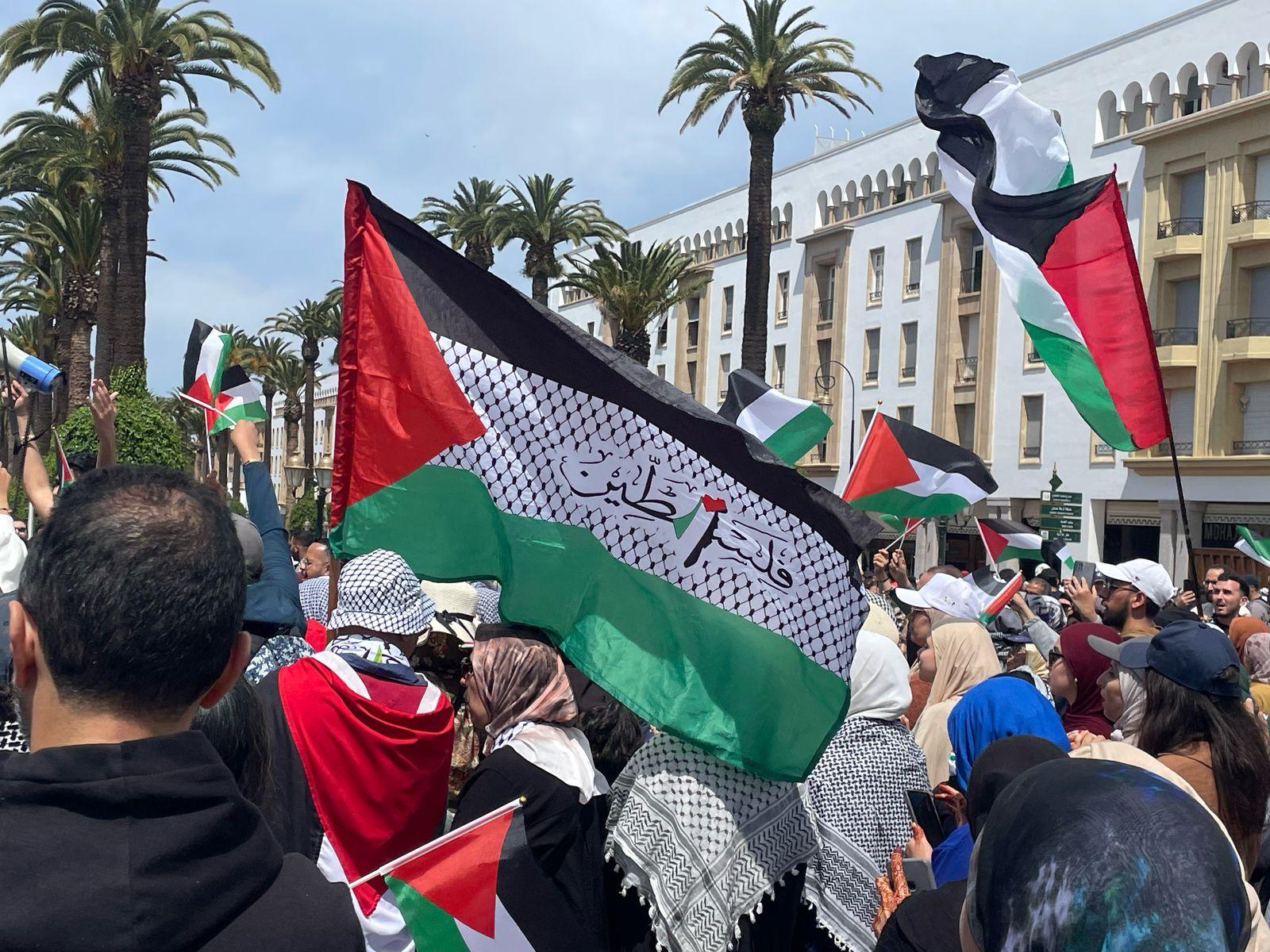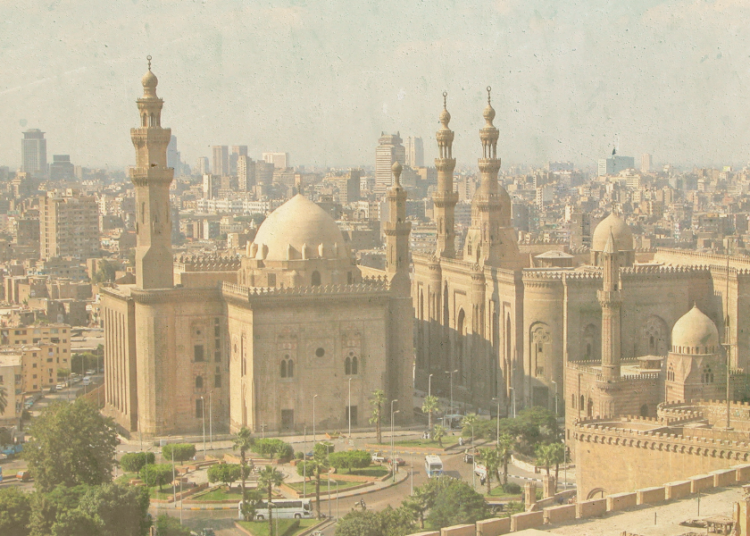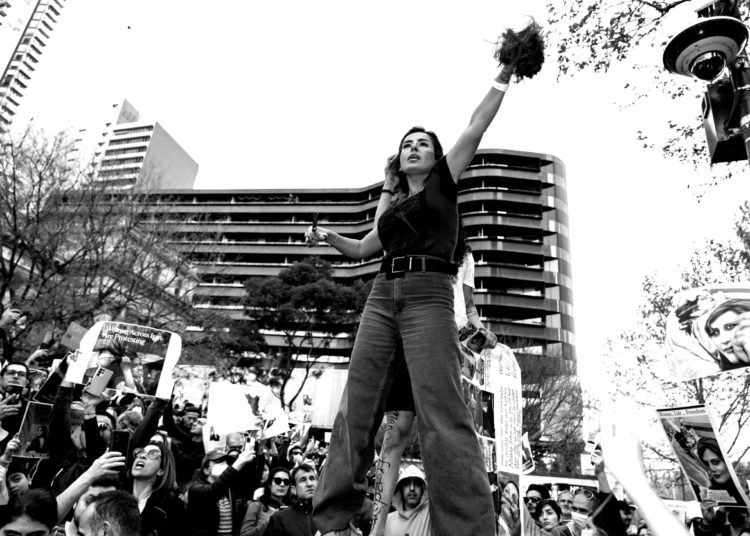This post is also available in: Français (French)
In increasingly unrestrained language, the Israeli government has declared that its army is preparing to occupy the Palestinian enclave and is considering the permanent expulsion of Gazans from the Gaza Strip. On Wednesday 2 April, Benjamin Netanyahu stated: “The [Israeli army] is seizing territory, hitting the terrorists and destroying the infrastructure. We are currently dividing up the strip, we are adding pressure step by step, so that our hostages will be given to us."
Comments echoed by Israel Katz, the Israeli Defence Minister, in a video released on 19 March: “Residents of Gaza, this is your final warning. The Air Force strikes against Hamas terrorists were just the first step. It will become much more difficult, and you will pay the full price. The evacuation of the population from combat zones will soon begin again. If all Israeli hostages are not released and Hamas is not removed from Gaza, Israel will operate with strength you have not yet seen.”
As if the Gazan population, starving, thirsty, bled dry and worn out by the sadistic and exhausting cycle of relentless displacements, had any power over the release of the Israeli hostages, or even the strength to drive Hamas from their territory. And while the deceitful rhetoric of a war on terror grows louder, fooling no one anymore, it is the psychological war on an entire population that prevails, in the face of Western inertia.
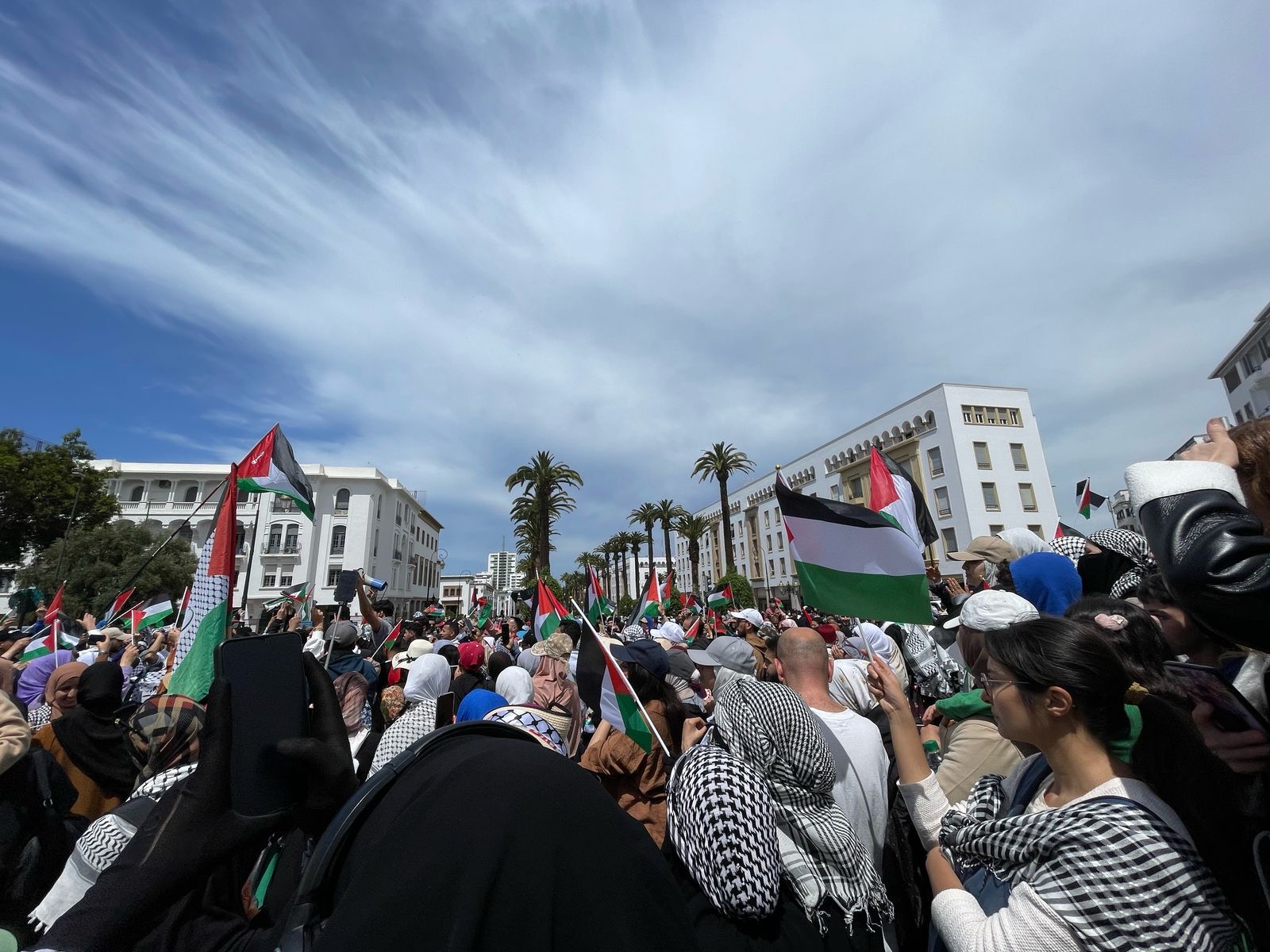
War again and again…
A school, a camp, a hospital and crowds of fleeing civilians bombed “because Hamas militants were hiding there.” Ten members of the Palestinian Red Cross and six civil rescue workers from the Civil Defence, in five ambulances and a fire engine, executed by the Israeli army on 23 March near Rafah: once again, according to the Israeli military command, they were Hamas militants. “It is truly a war without limits... an endless loop of blood, pain, and death. Gaza has become a death trap,” said Jonathan Wittall, a senior official at OCHA, the UN Office for the Coordination of Humanitarian Affairs, during a press conference. He stressed that the victims of the humanitarian convoy had been killed while wearing their rescue worker uniforms.
The reconstruction of the facts (including by the Israeli daily Haretz!) reveals a completely different reality on the ground. In fact, it is above all, women and children who are being massacred in their sleep, with the dead and injured being added to the other dead and injured, accentuating the bottomless horror of a genocide in motion: the number of victims since the beginning of the war has risen to 50,423.
As if the Gazan population, starving, thirsty, bled dry and worn out by the sadistic and exhausting cycle of relentless displacements, had any power over the release of the Israeli hostages, or even the strength to drive Hamas from their territory.
Israel unilaterally broke the ceasefire on 17 March, launching an offensive even deadlier than the one that preceded the truce. During the night of 17 to 18 March, 300 people were killed in the bombings. On 2 April, the Gaza Ministry of Health reported 1,066 dead and 2,597 wounded since 18 March. A UNICEF report of 1 April documented the deaths of 322 children and 609 injured in the ten days following the collapse of the ceasefire. On 2 April, Israeli strikes devastated a UNRWA health facility sheltering 160 families. Around twenty people were killed, including nine children.
The indifference of the international community and fractures within Europe
Faced with such cruelty, the international community seems utterly anaesthetised. Despite its economic and diplomatic weight, the European Union struggles to assert itself as a mediator in the face of American despotism in managing the conflict. In practice, several UN resolutions calling for an immediate ceasefire have been blocked by the US veto, without a single unified European voice rising to express disapproval.
The European Union, which is supposed to advocate respect for international law, has responded in a hesitant and divided manner to the Israeli offensive unleashed after the deadly Hamas attack on Israeli territory on 7 October 2023. Since then, the EU has appeared more disunited and fragmented than ever, unable to pursue a coherent international policy.
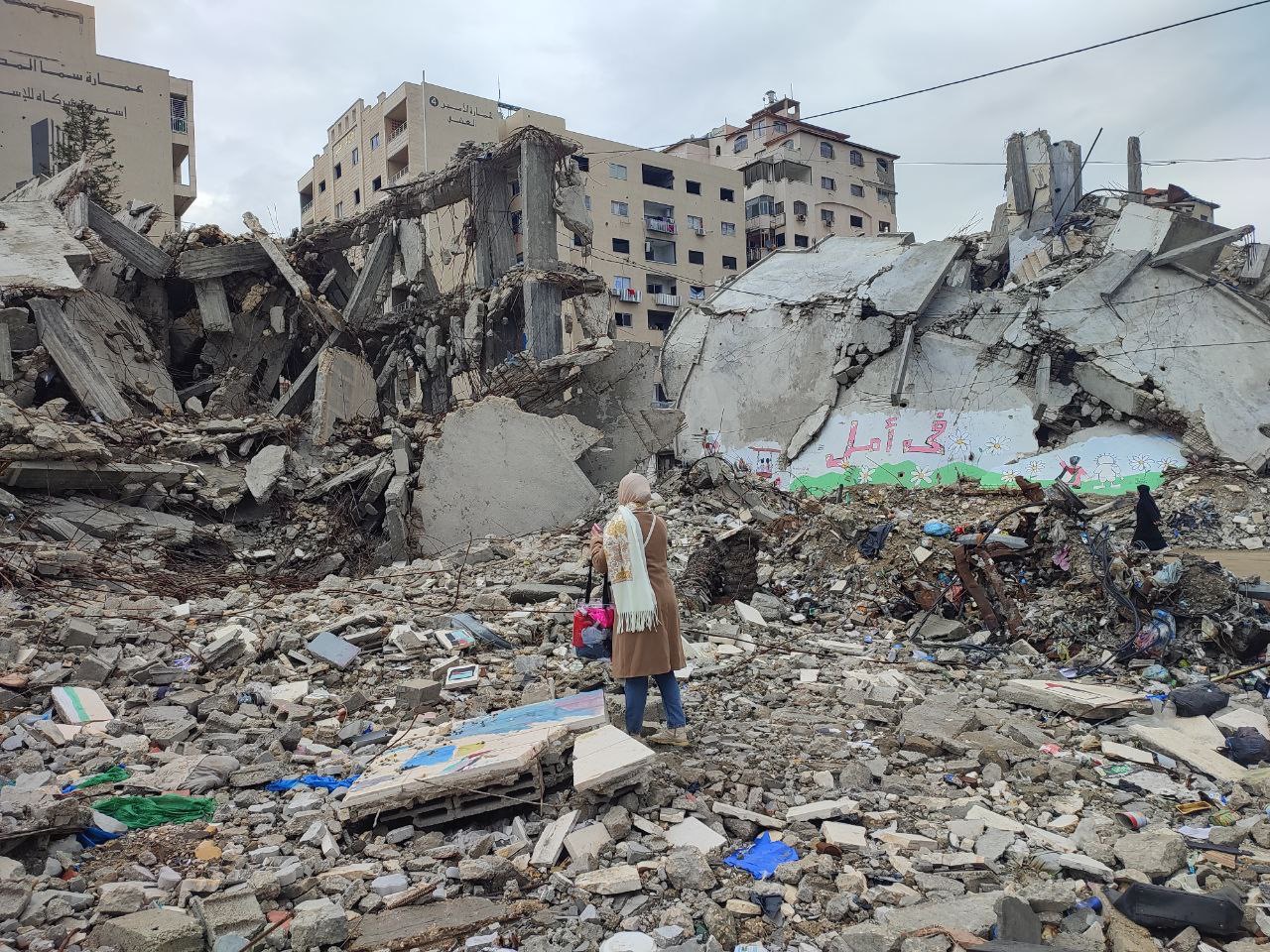
Pro-Israel countries such as Germany, Austria, Hungary - which recently welcomed Netanyahu despite an arrest warrant issued by the International Criminal Court (1) - and the Czech Republic have supported Israel unconditionally. Conversely, responding to the voices of their citizens, several European nations including Spain, Ireland, Norway, and Slovenia officially recognised the State of Palestine in May 2024 and publicly denounced the violations of humanitarian law in Gaza.
But the most glaring fault line lies at the very top of the European Commission, where its President, Ursula Von der Leyen, adopted a staunchly pro-Israel stance from the very outset of the war despite the countless war crimes and crimes against humanity (2) committed in the Gaza Strip by the Netanyahu government. Indeed, she has never once envisaged imposing any form of deterrent measures (such as economic sanctions or the suspension of bilateral agreements etc.) to halt the siege and the mass bombings of Palestinian civilians. This attitude has not failed to raise tensions with Josep Borrell, the EU’s High Representative for Foreign Affairs, who is in favour of a ceasefire.
More concretely, the President of the Commission is criticised for a clear lack of firmness, bland language and doublespeak that underline a clear disconnection from the situation on the ground for the people of Gaza. Deprived of all humanitarian aid for over a month (far from being the first time), the Gazans are utterly exhausted. Yet Europe continues to waver, caught between its support for Israel, at times amounting to a blank cheque and the humanitarian imperative it claims to have - at least for Ukraine - and the pressure of public opinion.
Faced with such cruelty, the international community seems utterly anaesthetised. Despite its economic and diplomatic weight, the European Union struggles to assert itself as a mediator in the face of American despotism in managing the conflict.
The commitment of Mediterranean civil societies. The example of Italy.
In response to Western inertia, pro-Palestinian demonstrations have grown in several European and Arab capitals, particularly in the Mediterranean, to denounce not only the inaction, but also the outright complicity of governments in the face of Israeli bombings in densely populated areas and the ongoing siege of the Palestinian enclave, which has deprived the population of water, electricity, fuel and vital supplies. Gaza’s 25 bakeries can no longer operate, nor can the desalination plant. This is a form of collective punishment explicitly prohibited by international law.

From Rome to Tunis, from Barcelona to Beirut, from Paris to Rabat, via Cairo, Algiers, Athens and Madrid, major citizen-led demonstrations have taken place across the Mediterranean. These have often been accompanied by a diverse array of actions: festivals, exhibitions, staging of stories by Gazans, hunger strikes, occupation of university campuses, and so on. Cultural and activist initiatives have multiplied in an urgent effort to oppose the annihilation of a people whose act of resistance is now limited to staying alive under a rain of Israeli bombs.
In Italy, civil society has shown significant commitment to the Palestinian cause since the beginning of the devastation in the Gaza Strip. In October 2024, tens of thousands of people took to the streets in several cities across the country, including Rome, Turin, Milan, Florence, Bari, Palermo and Cagliari, calling for an immediate ceasefire in Gaza and Lebanon.
In April 2024, students at La Sapienza University in Rome went on hunger strike in solidarity with Gaza, denouncing Israeli military operations and calling for urgent awareness of the humanitarian situation in the region.
The cultural sphere also took a stand. The collective Art Not Genocide Alliance (ANGA) published an open letter signed by over 8,500 artists and cultural professionals, calling on the Venice Biennale to exclude Israel from the event, arguing that any official representation of the Israeli state would support its genocidal policy.
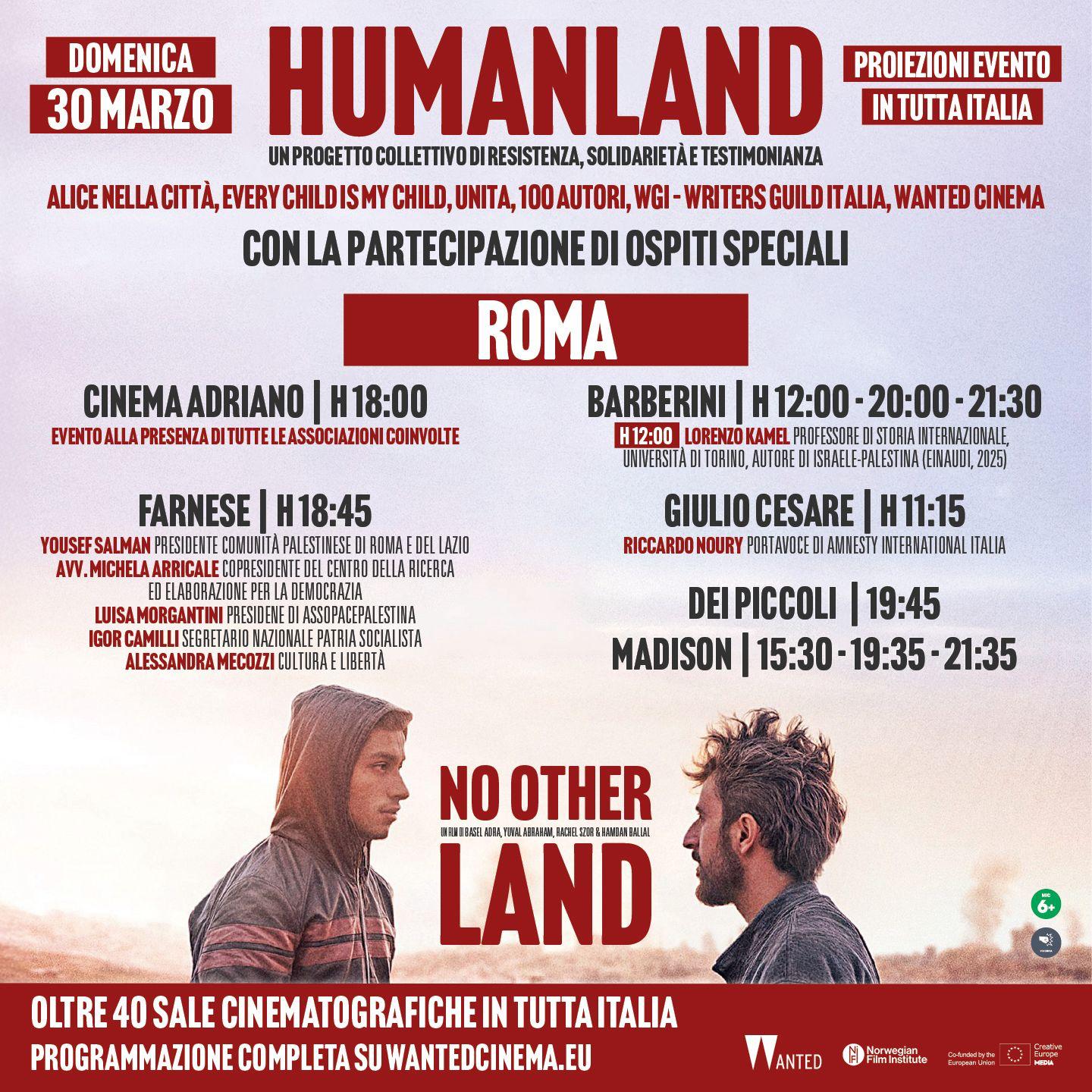
From 9 to 13 April 2025, the initiative “Napoli è con Gaza, al 100%” (Naples is with Gaza, 100%) is hosting a series of cultural events in support of the crowdfunding campaign SOS GAZA. The programme includes research, testimonies, and images by and for Palestine (Department of Architecture at the University of Naples Federico II), the screening of the documentary No Other Land by Yuval Abraham, Basel Adra, and Rachel Szor, an account of the brutality of colonisation in the West Bank, with the participation of Luisa Morgantini. The days of solidarity with Palestine will also feature exhibitions of drawings, music, and performances.
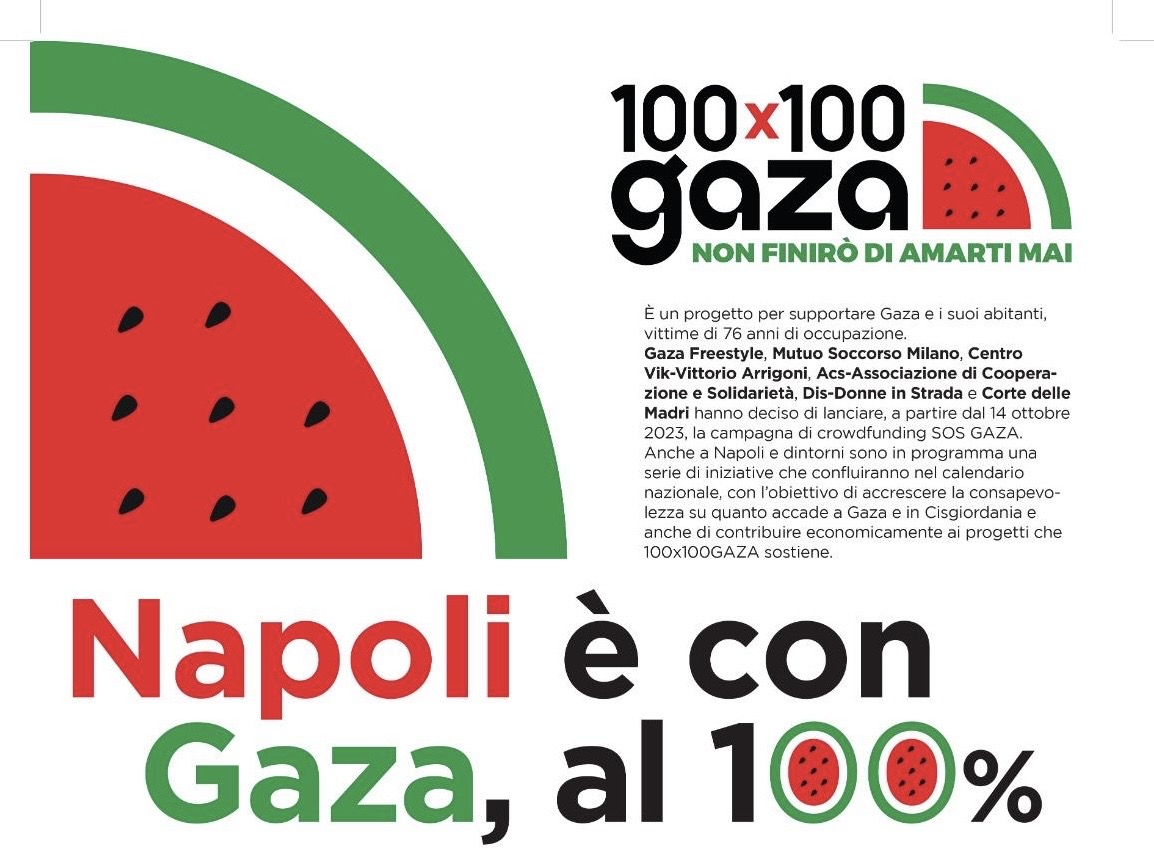
As in many European countries, the gap between the Italian government and the driving forces of civil society is widening day by day. In February 2024, the Italian public broadcaster RAI was at the centre of a thousand controversies because the Italian-Tunisian rapper Ghali dared to use the slogan “Stop the genocide” in reference to Gaza on stage at the Sanremo song festival. Far more alarming: the Meloni government has just adopted the so-called “Security Law”, which provides for the criminalisation of peaceful demonstrations. Even migrants are being targeted: they will no longer be able to obtain a SIM card without a residence permit. Lastly, all festive gatherings, such as rave parties, are banned, with organisers facing penalties of up to six years of imprisonment.
This law was introduced precisely in the wake of a high school student protest in Florence in support of Palestine, which escalated into a violent police crackdown. The scenes of rare violence and acts of repression were strongly condemned by the President of the Italian Republic, Sergio Mattarella: “when used against young people, batons are an expression of failure”, he protested.
Notes:
In November 2024, the International Criminal Court (ICC) issued arrest warrants for Israeli Prime Minister Benjamin Netanyahu and former Defence Minister Yoav Gallant.
The terms “war crime” and “crime against humanity” have been regularly invoked to denounce what has been happening in Gaza since October 2023. War crimes are defined by international law (Geneva Conventions) as serious violations of humanitarian law during an armed conflict, such as:
The large-scale bombing of densely populated civilian areas, resulting in thousands of deaths, including many children.
The total siege imposed on Gaza (cutting off water, electricity, and fuel).
The targeting of protected structures such as hospitals, schools, and refugee camps.
A crime against humanity is a deliberate and widespread - or even systematic - act directed against a civilian population (murder, extermination, persecution, forced displacement, etc.), such as:
The scale of attacks, systematic destruction of infrastructure, and dehumanisation in political discourse.
Forced displacement of hundreds of thousands in Gaza.


























